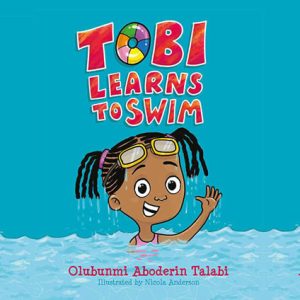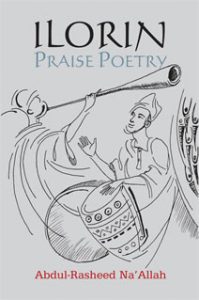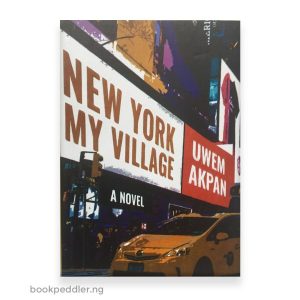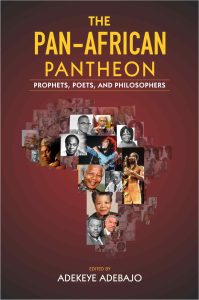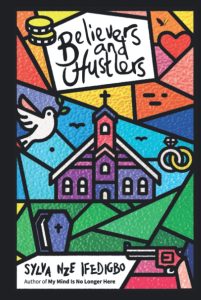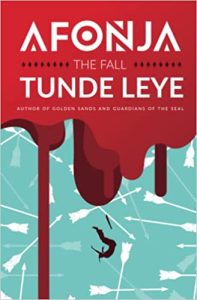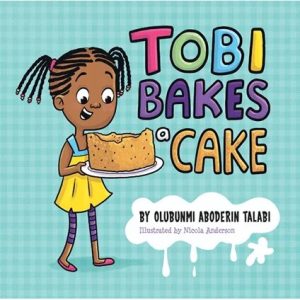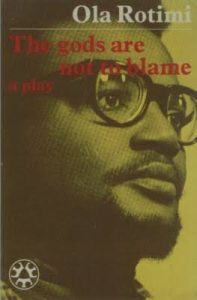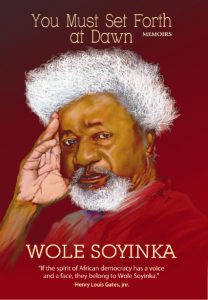Vaults Of Secrets
₦3,000.00The stories in Vaults of Secrets flirt with the limits of freedom and bondage. They are means through which award-winning journalist Olukorede S. Yishau examines the nature of man and his ability to make choices and live with the repercussions. The complex, beautifully drawn characters unveil the many grotesques of human life and shed light on their dark recesses exposing their weaknesses.Heartrending, luminous, and indelible, this is an astoundingly audacious collection of short stories.



